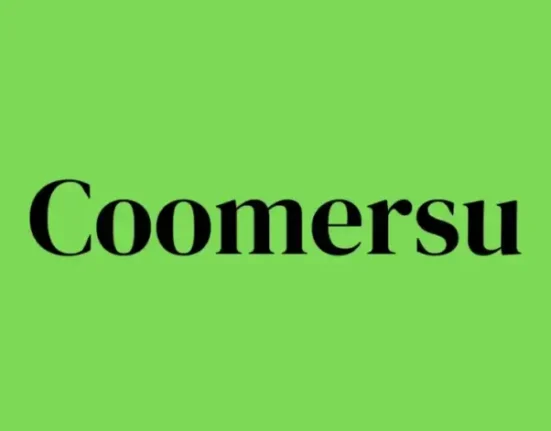Deuland is a legal concept that dates back to medieval England. It refers to an object or property that is forfeited to the Crown upon the death of its owner. This concept has evolved over time and is still relevant in modern legal systems. In this article, we will explore the history and significance of deuland, and how it can impact your website visibility and content marketing.
History of Deuland
The term “deuland” comes from the Latin phrase “de eulando,” which means “of the thing.” In medieval England, deulands were objects or animals that caused the death of a person. These objects were considered to have a “guilty” status and were forfeited to the Crown. The proceeds from the sale of deulands were used to compensate the victim’s family or to fund public works.
Modern Interpretation

In modern legal systems, the concept of deuland has evolved to include any object or property that is involved in a fatal accident. This can include vehicles, weapons, or even buildings. The value of the deulands is determined by the court and can be used to compensate the victim’s family or to fund public services.
Impact on Website Visibility
The concept of deuland may seem irrelevant to the digital world, but it can actually have an impact on your website visibility. In some cases, a website may be considered a deulands if it is involved in a fatal accident. This can happen if the website is used to promote illegal activities or if it contains harmful content that leads to someone’s death. In such cases, the website may be seized by the government and taken offline, resulting in a loss of visibility and potential customers.
Content Marketing and Deuland
As a website owner, it is important to be aware of the legal implications of your content. In some cases, content that is deemed offensive or harmful can lead to legal action and the potential seizure of your website as a deuland. This can have a significant impact on your content marketing efforts, as your website will no longer be visible to potential customers.
To avoid this, it is important to carefully review and monitor your content to ensure it complies with legal standards. This includes avoiding hate speech, promoting illegal activities, or using copyrighted material without permission. By creating high-quality, ethical content, you can protect your website from being considered a deulands and maintain your online visibility.
Conclusion
Deuland may be an ancient legal concept, but it still holds relevance in modern times. As a website owner, it is important to understand the potential impact of deulands on your online presence. By creating ethical and legal content, you can protect your website from being seized and maintain your visibility to potential customers. Stay informed and stay compliant to ensure the success of your website and content marketing efforts.
Have you ever heard of deuland before?
For more information, visit: Apzo Media











